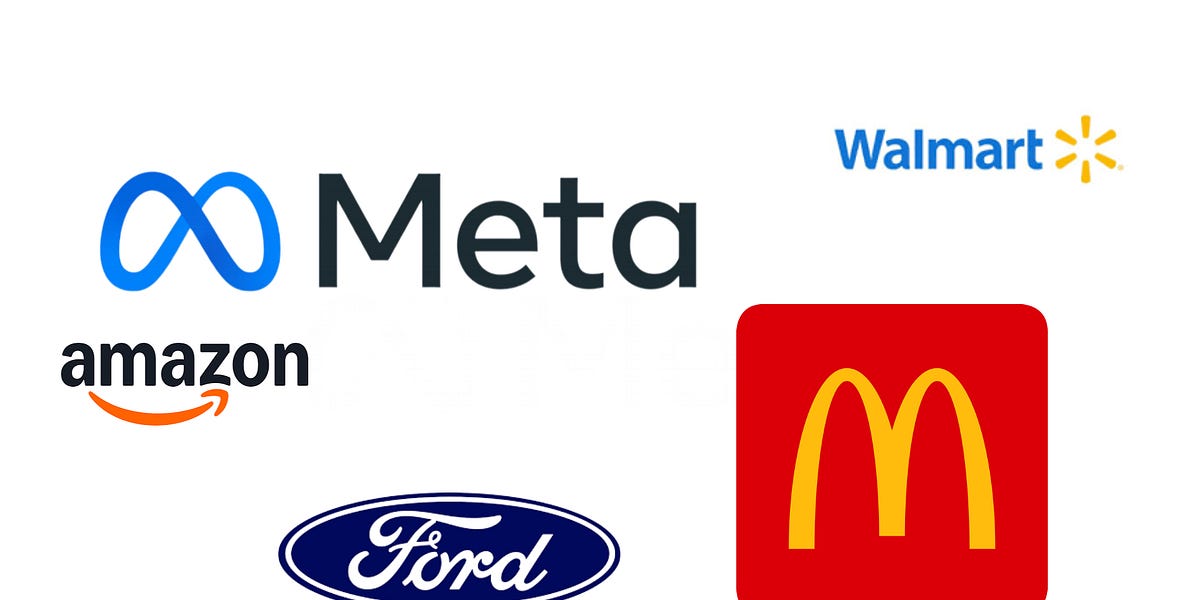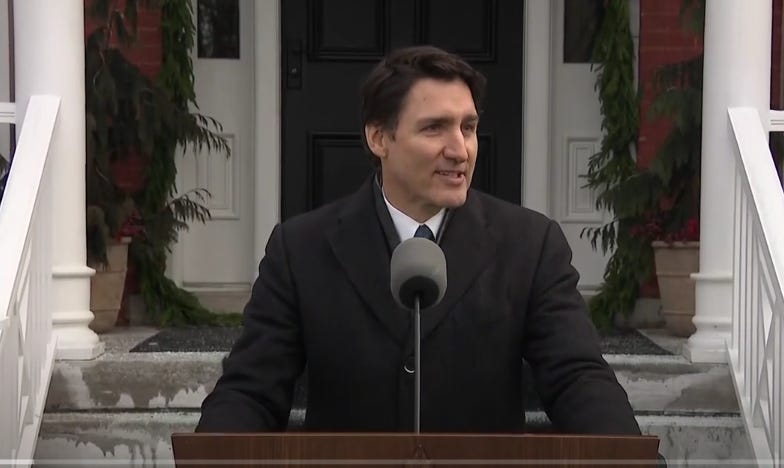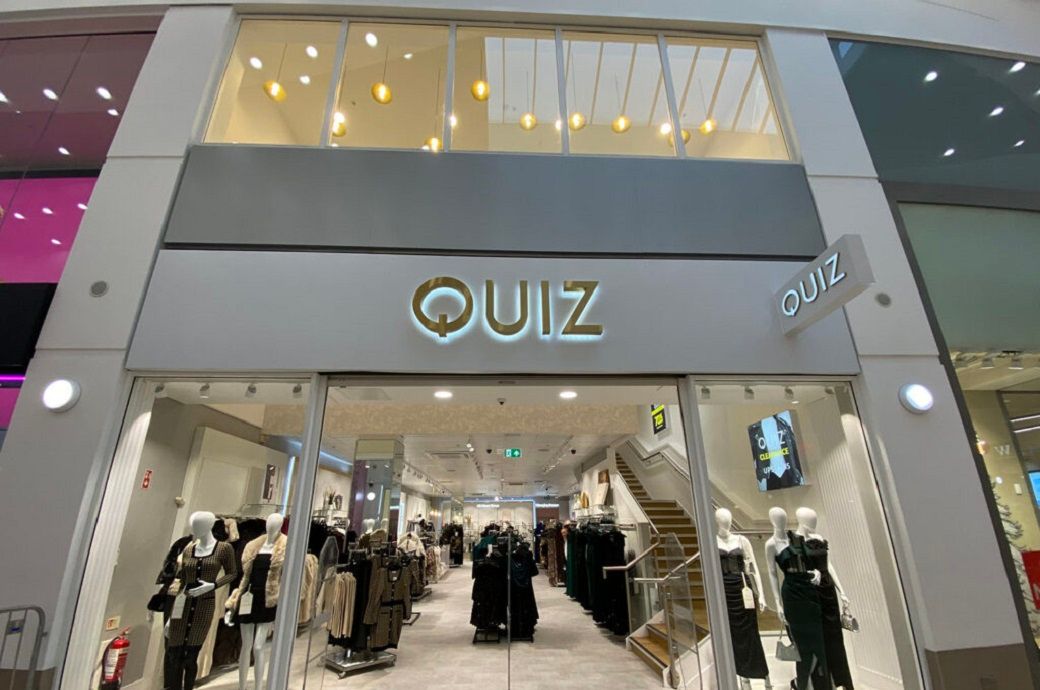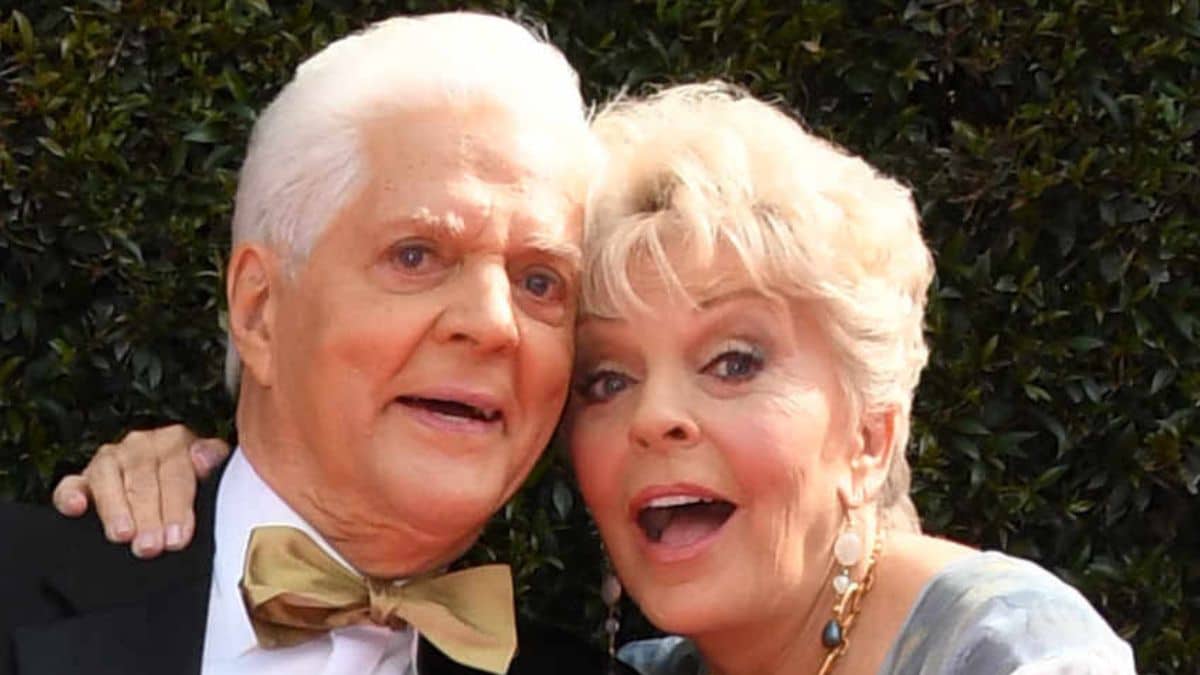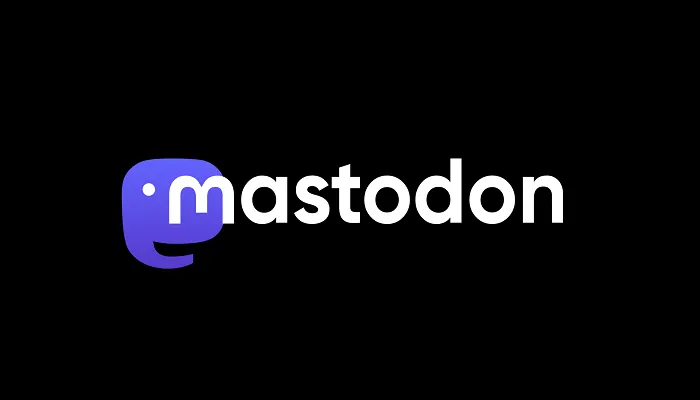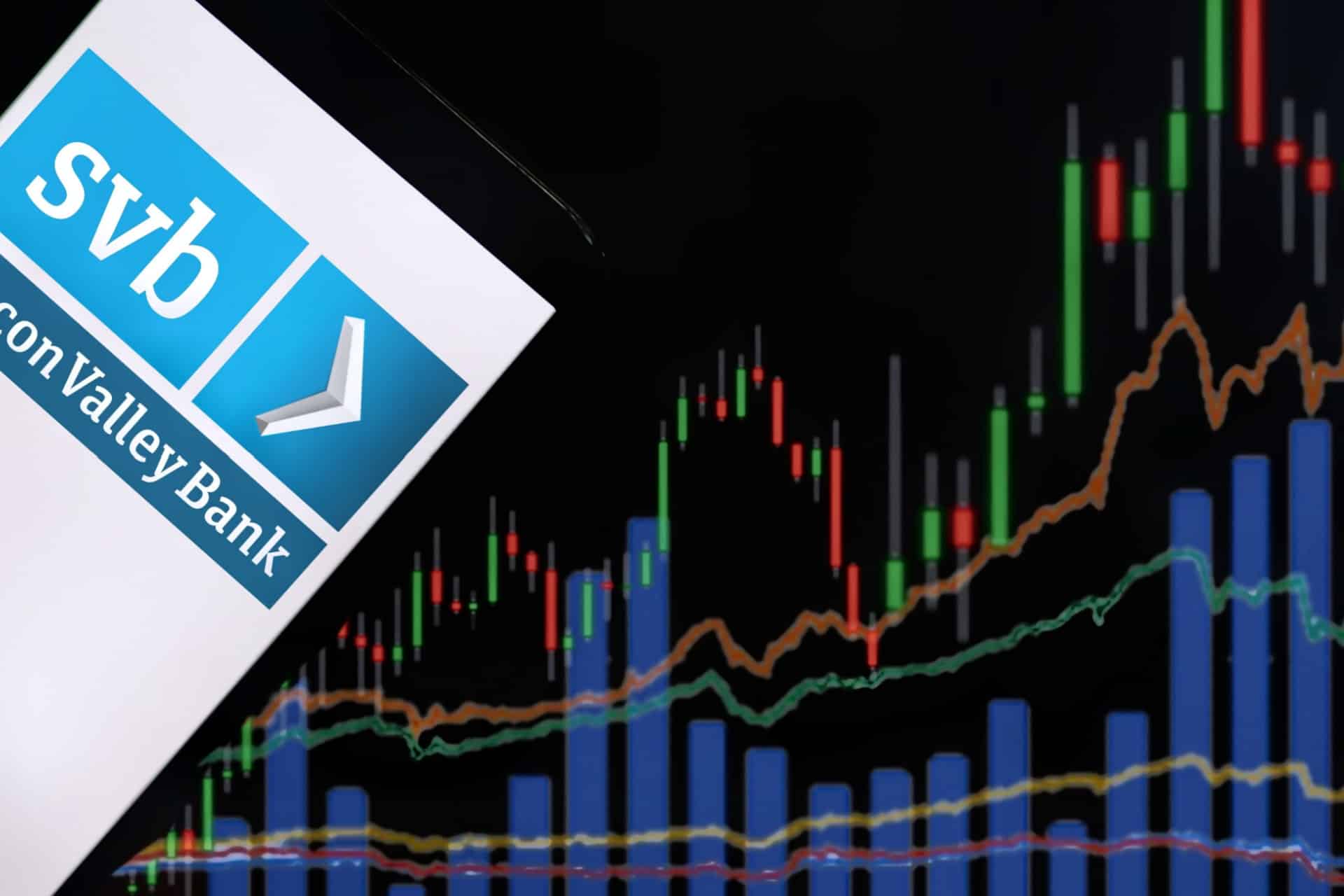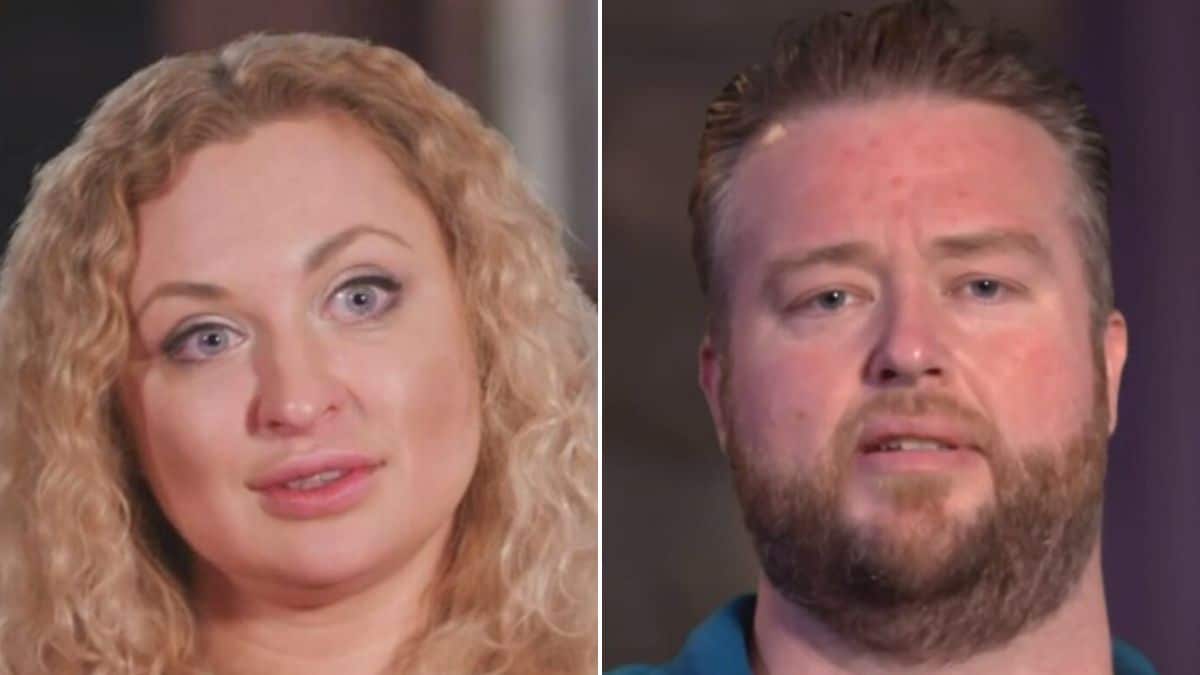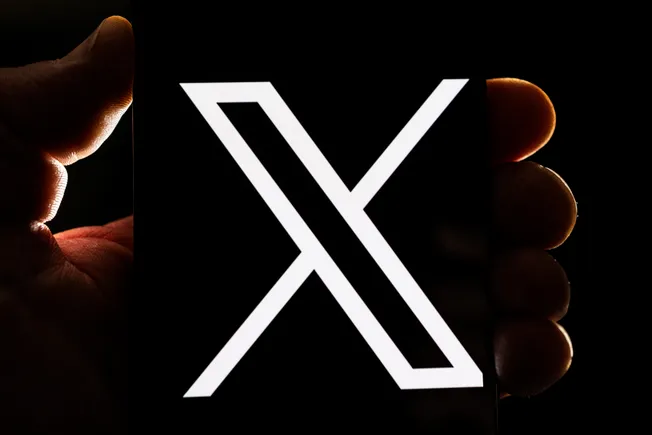Several big martech-related companies — including Roku and Roblox — are breathing easier following news they won’t lose their deposits in the failed Silicon Valley Bank (SVB).
On Friday SVB was taken over by government officials, following a bank run. The run followed the bank’s announcement that inflation had cut the value of its U.S. government treasury bonds and it was selling a block of stock to increase its cash reserves. The government is now guaranteeing all funds on deposit with the bank.
Martech and related companies at risk. Here are the major martech-related companies with deposits in SVB.
- Streaming service/ad space provider Roku had $487 million, or about a quarter of its cash and cash equivalents held at the bank.
- Online game/ad space provider Roblox said roughly 5% of its $3 billion of cash and securities balance as of Feb. 28 is held at SVB
- Canadian adtech company AcuityAds had roughly $55 million in deposits at the SVB and about $4.8 million at other banks.
Dig deeper: Fintech marketing today and beyond: Exploring best practices and strategies
Why did the bank run happen. Although SVB’s balance sheet was in reasonable condition, its role as banker of choice for tech venture capitalists and start-ups left it in a vulnerable position. The last several years saw a boom in VC funding, resulting in many huge deposits in the bank. The bank kept a small chunk of its deposits in cash, using the rest to buy stable, long-term debt like Treasury bonds — just as many banks do.
SVB ran into problems when interest rates rose. Those “stable, safe” bonds were losing value as inflation outstripped the interest being paid on them. If the bank sold them to raise money, it would have to declare a loss. Instead management decided to sell stock to maintain SVB’s liquidity.
This came days after the collapse of Silvergate, which was caused by the loss of value of that bank’s crypto-currency holdings. Even though SVB had little if any crypto exposure, news of the bank’s stock sale was enough to spook depositors and the run was on.
Most deposits weren’t insured. The vast majority of SVB’s deposits — $157 billion at the end of last year— were in 37,000 accounts that were over the FDIC’s $250,000 deposit-insurance cap. This made depositors understandably nervous about getting their money out of the bank.
Why we care. It’s hard to have an economy, let alone something called martech, without a stable, solvent monetary system. While it is beyond our purview to comment on the government’s decision to guarantee all the SVB deposits, we do know it means payrolls will be met and bills paid. That’s a good thing.
There is no indication that SVB’s management did anything wrong. They took prudent actions but were caught flat-footed by a sudden change in the economy. Hopefully, people will realize that, unlike the 2008 mortgage crisis, there are no systemic, existential problems with the banking system.
Get MarTech! Daily. Free. In your inbox.










